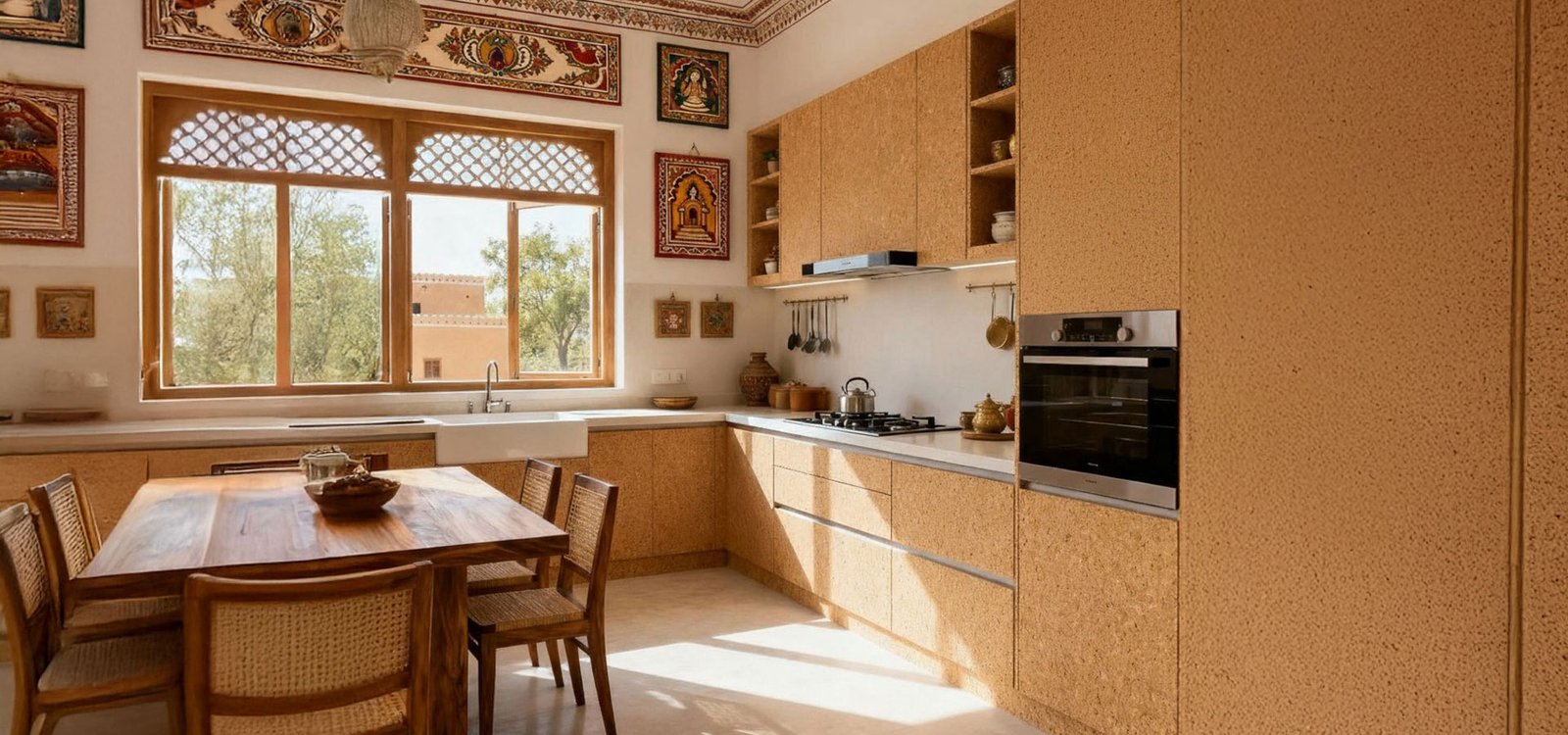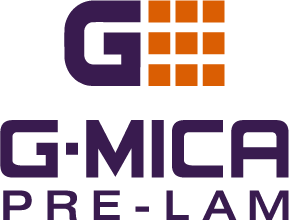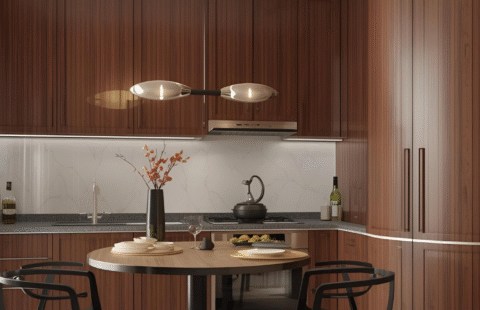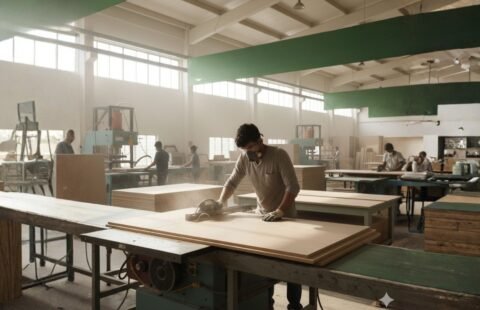
From Sugarcane to Stylish Furniture: Rajasthan’s Shift to Bagasse Particle Boards
Bagasse Particle Boards is redefining Rajasthan’s furniture and handicraft industry. Known for its intricate wooden designs, the state is now embracing this sustainable material as global concerns over deforestation and environmental impact rise. Made from the fibrous byproduct of sugarcane, Bagasse Particle Board offers eco-friendly, durable, and versatile solutions, helping local manufacturers create stylish, sustainable furniture without compromising on quality.

Table of Contents
The Rise of Sustainable Alternatives
With forests depleting and timber costs soaring, the need for substitutes has never been clearer. Various government initiatives and changing consumer preferences are pushing manufacturers toward sustainable practices. Bagasse particle boards are emerging as a leading solution, offering a responsible, cost-effective replacement for traditional wood-based materials.
What is Bagasse?
Bagasse is the dry, pulpy residue remaining after crushing sugarcane stalks for juice extraction. While it used to be burned as fuel or discarded, innovative approaches now convert it into engineered particle boards ideal for furniture and construction. This switch not only minimizes waste but also capitalizes on India’s abundant sugarcane harvests, especially in states like Rajasthan.
This process consumes less energy and eliminates the need for wood, making it a greener and more cost-effective alternative.
Rajasthan’s Role in the Transformation
Rajasthan, with its vast agricultural and industrial networks, is fast becoming a hub for bagasse particle board production. Manufacturers in cities like Kota, Udaipur, and Jaipur are capitalizing on local sugar mills to source raw bagasse and produce finished boards at scale. Support from state policies, access to affordable raw materials, and incentives for sustainable manufacturing further fuel this growth.
Style Meets Sustainability: Furniture and Design
Furniture crafted from bagasse particle boards is gaining traction for both its design flexibility and ecological benefits. These boards can be finished in wood grain, glossy, or matte laminates, making them ideal for contemporary interiors. Their durability, moisture resistance, and adaptability to various forms—from cabinetry to wall panels and modular furniture—enable designers to pair style with sustainability.
Economic and Environmental Impact
Adopting bagasse boards creates multiple economic and environmental benefits:
- Reduces dependence on timber, preserving natural forests.
- Provides farmers and local industries with an additional revenue stream from sugarcane waste.
- Lowers carbon footprint by utilizing what was once agricultural waste, contributing to India’s waste reduction and circular economy goals.
- Generates new jobs in rural and industrial sectors across Rajasthan.
Challenges and Future Outlook
Despite its promise, the bagasse particle board industry faces hurdles. Production technology, scalability, and market awareness are still developing. Advancements in moisture and fire resistance, alongside competitive pricing, are crucial for broader adoption. However, ongoing investments and government support signal a strong growth trajectory for the sector, positioning Rajasthan as a leader in sustainable manufacturing.
FAQs
Q. What makes bagasse particle boards an eco-friendly choice?
A. They’re made from sugarcane waste instead of wood, helping reduce deforestation and promote waste recycling.
Q. Are bagasse boards durable enough for furniture use?
A. Yes, they’re strong, moisture-resistant, and ideal for furniture like cabinets, wardrobes, and modular kitchens.
Q. Why is Rajasthan becoming a hub for bagasse particle boards?
A. Because of its access to sugar mills, government support, and growing demand for sustainable materials.
Q. How do bagasse boards compare to traditional wood or plywood?
A. They’re more cost-effective, sustainable, and offer similar strength with smoother finishes and consistent quality.
Q. 5. How can I get GMica’s bagasse particle boards for my projects?
A. Whether you’re a manufacturer, designer, or dealer — we’d love to collaborate.
💬 Contact Gmica Prelam to Get Started →


